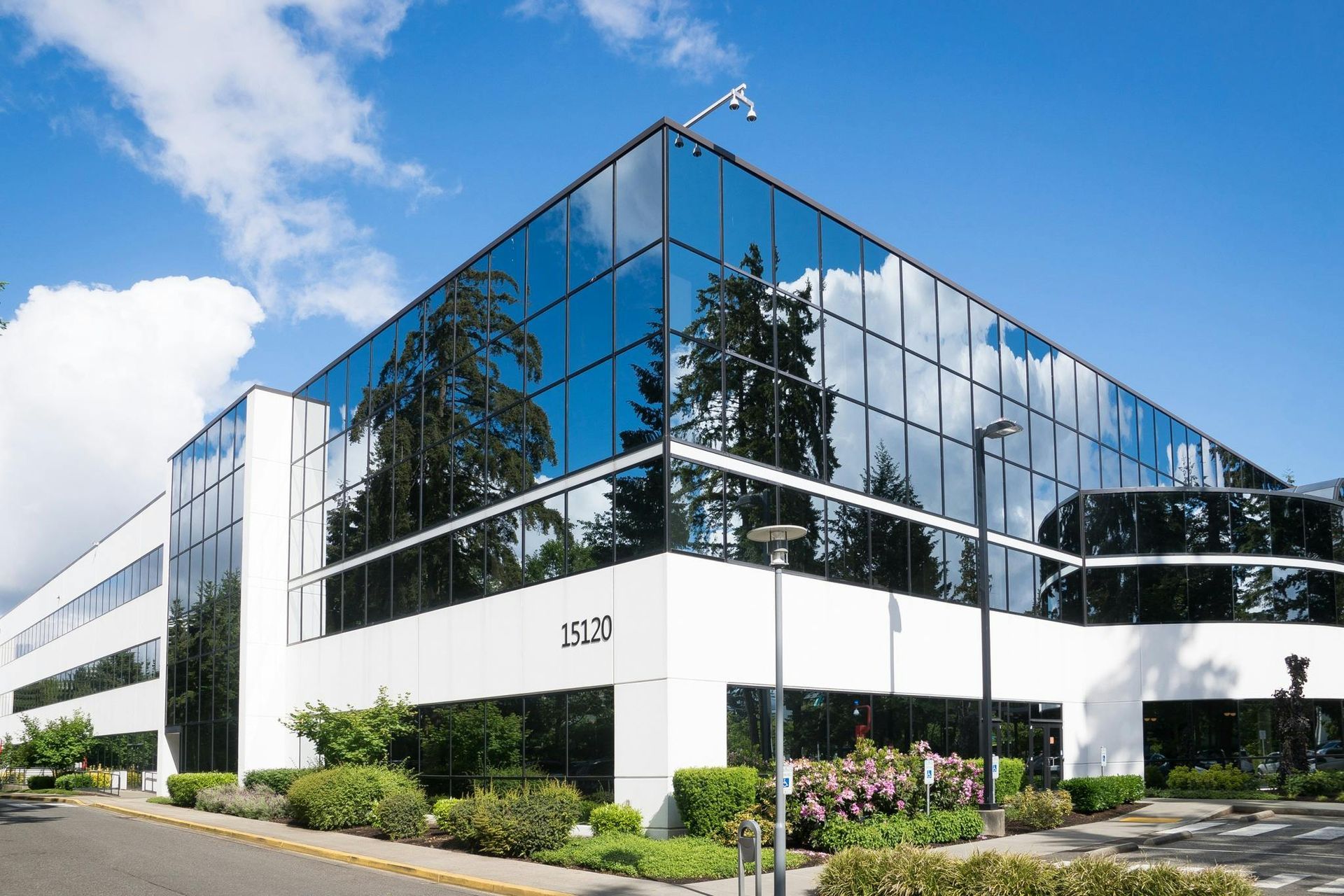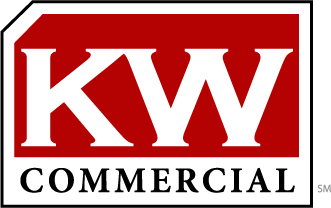The ABC's of CRE: A Beginners Guide
Commercial real estate (CRE) can feel like a whole new language if you're just starting out. Between acronyms, financing terms, and property types it's easy to get overwhelmed.

But don't worry—this beginner's guide will break down the essentials and give you the confidence to take your first steps in commercial property investing.
A is for Assets & Appreciation
In CRE, your property is an asset—something that generates income and holds value. Understanding how assets appreciate over time is key. Commercial properties often increase in value due to location, tenant demand, and property improvements.
Unlike residential real estate, CRE can offer multiple ways to generate returns: rental income, tax benefits, and long-term appreciation.
B is for Brokers & Building Types
A knowledgeable broker is your guide through the complex CRE landscape. They help you identify properties that align with your goals, negotiate deals, and navigate contracts.
Commercial properties come in various types:
- Office buildings – from small office suites to high-rise towers
- Retail spaces – strip malls, shopping centers, or standalone stores
- Industrial/warehouse – logistics, storage, and manufacturing facilities
- Multifamily units – apartment complexes and mixed-use properties
Knowing the differences helps you determine what fits your investment strategy.
C is for Cash Flow & Capitalization Rate
Cash flow is the income your property generates after expenses, like mortgage payments, taxes, and maintenance. Positive cash flow is the lifeblood of a successful CRE investment—it keeps your property profitable month after month.
Capitalization rate (Cap Rate) measures a property’s potential return on investment. It’s calculated by dividing the property’s net operating income by its current market value. Understanding cap rates helps you compare properties and make informed investment decisions.
D is for Due Diligence
Before signing any deal, due diligence is essential. This includes property inspections, financial audits, and reviewing leases. It’s your opportunity to uncover potential risks and ensure the investment aligns with your goals.
E is for Exit Strategy
Even before you buy, think about your
exit strategy. Will you hold the property long-term for steady income? Flip it for a quick profit? Knowing your plan helps guide property selection and financing decisions.
Commercial real estate may seem intimidating at first, but by breaking it down into ABCs, you can start building confidence and making smart investment decisions. Start small, learn the lingo, and lean on trusted advisors like a qualified CRE broker to guide your journey.
💡
Ready to start your commercial real estate journey? Contact me, Cassie Wells KW Commercial Little Rock, Arkansas, and let’s find the right investment opportunities for you!












